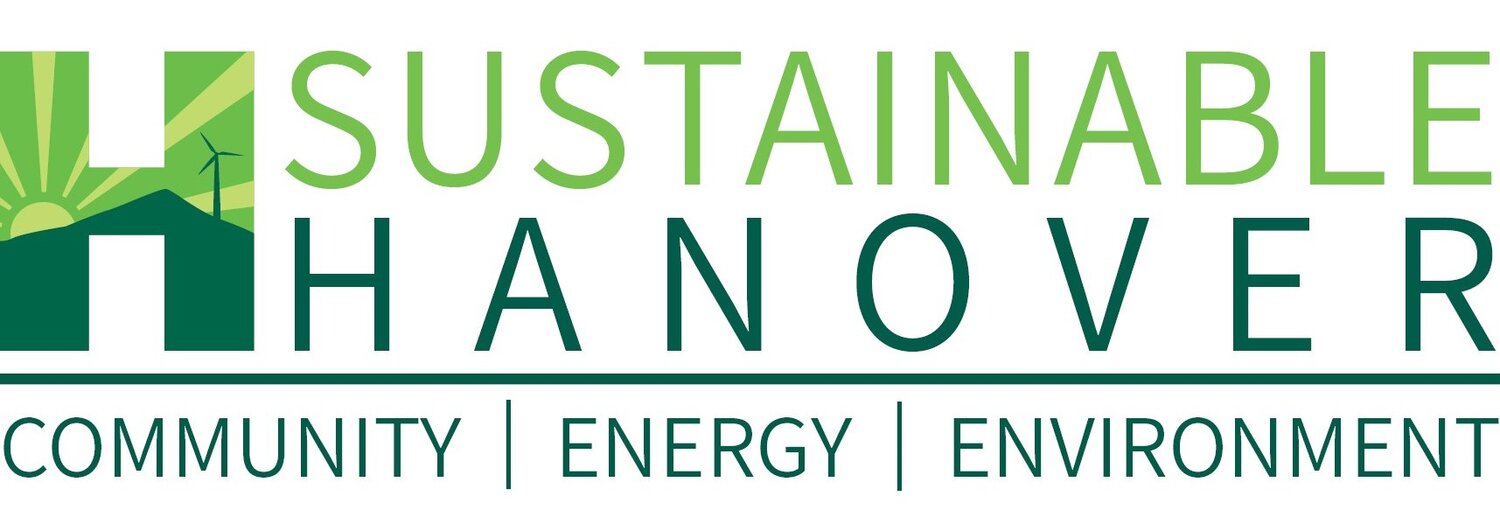The Co-op Has Big Goals for Reducing Its Carbon Footprint
Sustainable Hanover is always eager to hear about sustainability measures that local residents and businesses are planning and implementing.
Recently Nate Osheyack, Facilities Manager, and April Harkness, ESG Manager, for the Co-op Food Stores, spoke to the Sustainable Hanover Committee about the Co-op’s activities and plans to reduce consumption of fossil fuels, increase access to renewable energy, and reduce waste. (Note: An ESG Manager oversees environmental, social and governance issues.)
The Co-op, including both the food stores and the auto center, has an ambitious goal to become a net zero emitter of carbon dioxide by 2030. According to April, it will take $10 million to reduce all emissions. As a first step, the Co-op engaged the Vermont Energy Investment Corporation in 2019 for a baseline study of its emissions. They then started with lower-cost, incremental improvements, such as installing LED lighting, optimizing heating and cooling systems, and weatherizing buildings.
The Co-op is now developing a 3-to-5-year plan to make more significant and expensive changes. According to Nate, the Co-op is exploring the possibility of installing a large solar array on the roof of its Hanover store to offset some of the electricity used at its three NH stores. This particular rooftop is ideal since there are no obstructions to sunlight. The Co-op is also investigating the feasibility of moving away from refrigeration systems that use hydrofluorocarbons, which are very expensive and toxic to the environment, to those that use CO2.
The Co-op currently diverts 72% of its own waste from the landfill. It sends its food waste to pig farmers for consumption and Sanford Farm for composting. It recycles its flexible plastic, such as that used to wrap crates of food, at the Lebanon Recycling Center. Striving to send even less to the landfill, the Co-op aims to find more zero waste, eco-friendly products, such as liquid detergent available in bulk, distributed in reusable containers. It hopes to make its own packaging reusable, recyclable, or compostable by next year and is considering metal flatware cleaned in house for use in its cafes.
April touched upon ideas to fund its $10 million plans -- perhaps creating an offshoot company to accept donations or some sort of loan system through which members can help finance the solar arrays. In the meantime, Nate says the best ways for members to support the Co-op’s ambitious plans are to shop at the Co-op, subscribe to its newsletter, and attend its board meetings.
